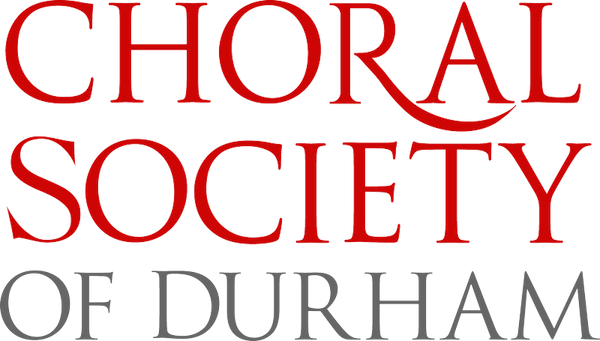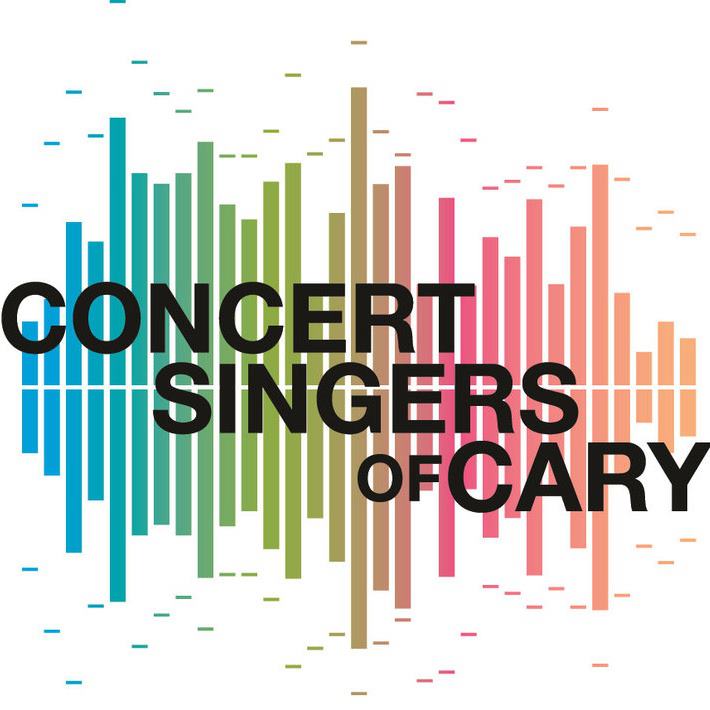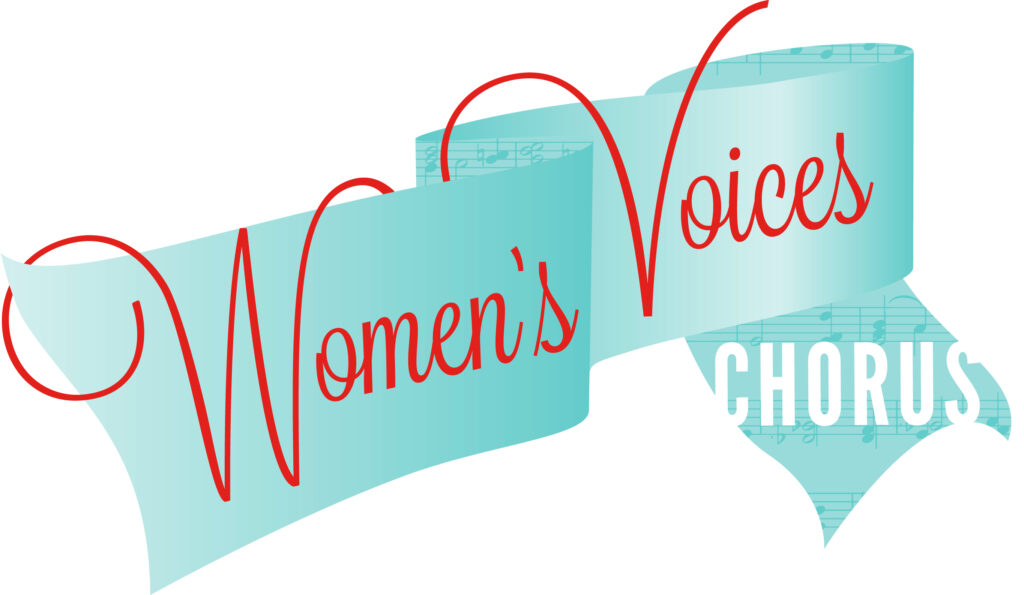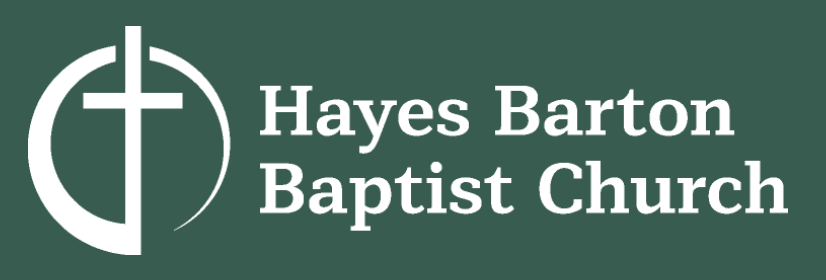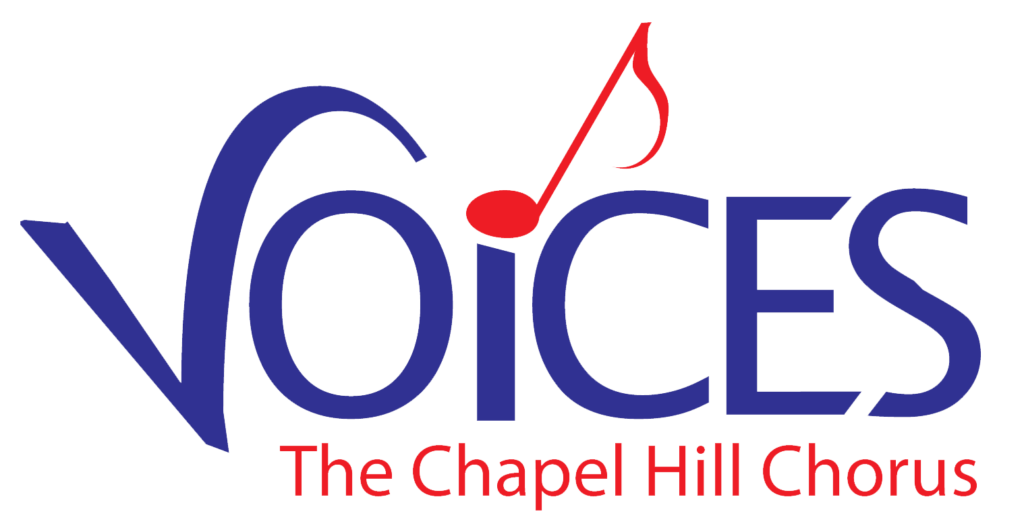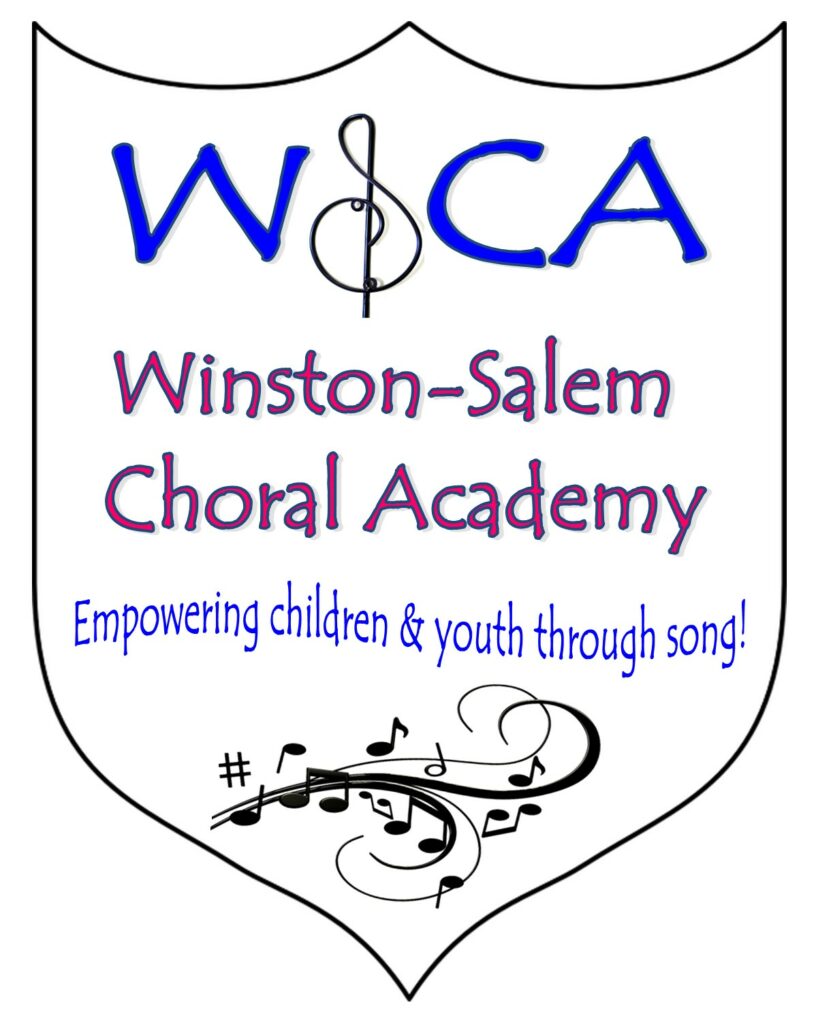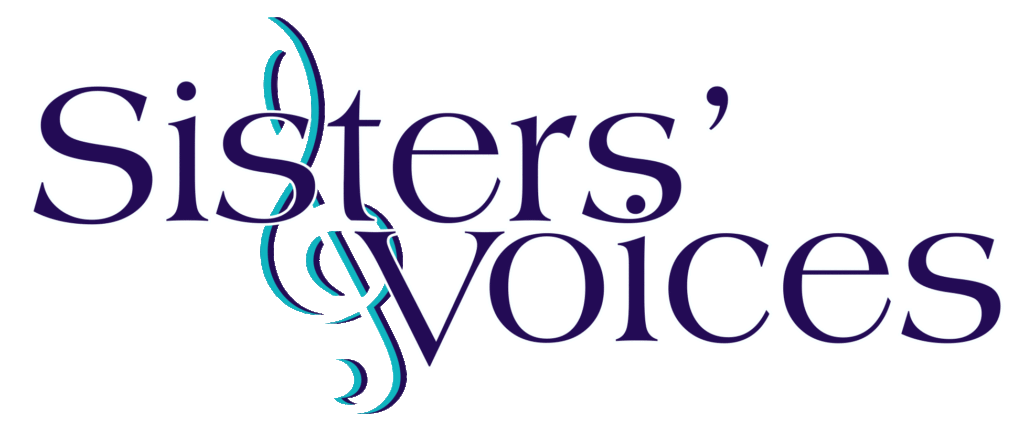William Adams, DMA
Making music is all about community. The composer hopes their music will be played by other musicians and heard by audiences. The performer connects with the composer, with other musicians on stage with them, and with the audience. This experience of sharing music is profound and at the core of why we make music. A community chorus, then, is a beautiful thing. A group of amateur musicians come together to share the most vulnerable of all the instruments in a desire to create this amazing experience of connection.
Voices, under the direction of Stephen Futrell, presented an ambitious program entitled “Of Music and Paradise.” The first selection on the program exemplified the ideal of community in music. In presenting “Serenade to Music” by Ralph Vaughan Williams, they opted to use nine members of the chorus for the solos. The soloists, Emily Shuman, René Iwo, Garrett Passamonti, Sheila Newton, Sam Hawke, Collin Dail, Emma Yount, Margaret McConnell, and Claire Perry, varied in ability and polish, but each sang with conviction and passion. The chorus embraced Vaughan Williams’ sweeping lines and lush harmonies with a strong tone and good expression.
Passionate, intense singing was also the rule for “Song of the Universal” by Ola Gjeilo. The choir did well to overcome a few balance and synchronization issues with the orchestra and showed excellent dynamic range. The piece is quite challenging technically with melismas that must be perfectly aligned with the orchestra and long a cappella sections that must be delicately tuned. Voices rose to the challenge valiantly and presented a well-conceived and intentional performance.
The second half of the program consisted of a rather unique treatment of Gabriel Fauré’s oft-performed Requiem. Inserted between the interior movements of the requiem were Maurice Duruflé’s “Quatre Motets sur des themes gregoriens.” The motets were taken out of order and delicately inserted into the Requiem to augment the spiritual themes. Voices’ chamber ensemble, Cantari, sang each of these challenging pieces well with a clear, rich tone and good expression.
The larger choir seemed even more confident and present throughout the Requiem. Particular mention must be made of the soloists in the Requiem, however. Baritone Adam Dengler, whom local audiences will recognize from his many appearances with the North Carolina Opera, did yeoman’s work throughout the Requiem. In addition to being called upon to help reinforce the tenor section in the choir, Mr. Dengler sang with a bright, clear tone. His reading of the “hostias” was elegantly simple and uncontrived with subtle inflection resulting in a very nuanced performance. The “Libera me,” on the other hand, was plaintive and more intense but always in complete control. Treble Christopher Sobel, at just ten years of age, presented a remarkably polished and seemingly effortless performance of the “Pie Jesu.” His obviously well-trained head voice is clear and present with no hint of strain. It is already a beautifully refined instrument.
With a wide range of ages and abilities, Voices exemplifies the Community Chorus. While some community choirs might shy away from Fauré, Duruflé, Gjeilo, and Vaughan Williams, Voices showed the strength of their program and their love of and commitment to this beautiful art form with a thoughtful and meaningful concert experience.

